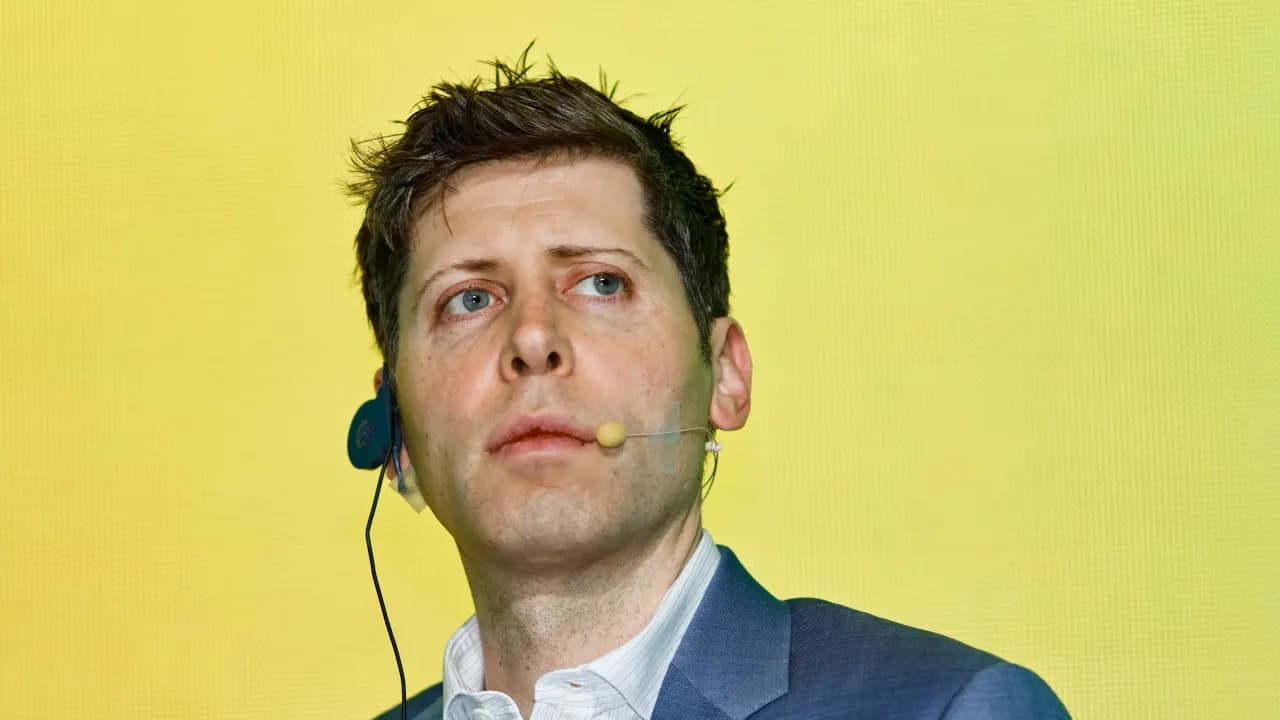Altman reportedly said the developments in China’s AI space, including the release of DeepSeek AI models, have had a bearing on OpenAI’s decisions.
OpenAI CEO Sam Altman cautioned that the U.S. may be underestimating China’s progress in artificial intelligence, adding that export restrictions on advanced chips alone are unlikely to curb Beijing’s expanding AI capabilities.
“I’m worried about China,” Altman told reporters in a rare on-record interview, according to CNBC.
“There’s inference capacity, where China probably can build faster. There’s research, there’s product; a lot of layers to the whole thing,” he said. “I don’t think it’ll be as simple as: Is the U.S. or China ahead?”
Inference is the process of using a trained model to make predictions or decisions on new, unseen data.
Altman said the U.S.-China relationship on technology is deeply entangled. Despite escalating U.S. export controls on semiconductors, he was unconvinced that the policy is keeping up with technical reality.
Asked whether it would be reassuring if fewer GPUs were reaching China, Altman was skeptical. “My instinct is that doesn’t work,” he said, dropping a reference to China’s likely push to build its own fab facilities and advanced chips through Huawei.
“I’d love an easy solution,” added Altman. “But my instinct is: That’s hard.”
His comments come amid a softening of the U.S. policy regarding high-end technology supply to China. In April, President Donald Trump halted the exports of advanced Chips to China altogether. However, earlier this month, the U.S. carved out an exception for certain “China-safe” chips, allowing sales to resume under an unprecedented agreement requiring Nvidia and AMD to give the federal government 15% of their China chip revenue.
Altman also admitted that China’s AI progress — including the release of DeepSeek AI models, which stunned users earlier this year — has had a bearing on OpenAI.
DeepSeek’s open-source strategy was a factor in OpenAI’s recent decision to release its own open-weight models. If we did not, “the world was gonna head to be mostly built on Chinese open source models,” Altman said.
OpenAI has recently released two open-weight language models, marking a significant shift in strategy for the company. The new text-only models, called gpt-oss-120b and gpt-oss-20b, are designed as lower-cost options for developers and users.
For updates and corrections, email newsroom[at]stocktwits[dot]com.\<
